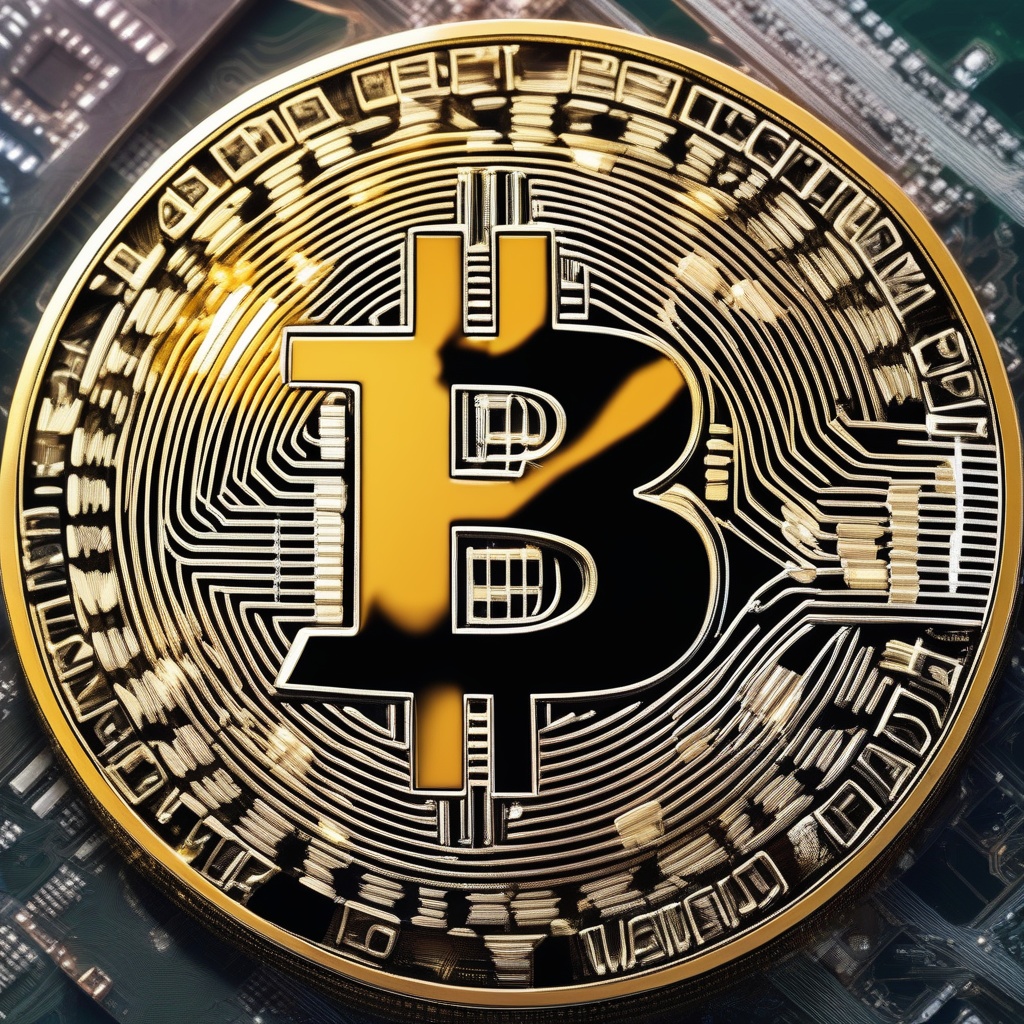Is bitcoin a 'permissionless' blockchain?
Could you please elaborate on whether Bitcoin can be considered a 'permissionless' blockchain? I'm curious to understand how its decentralized nature and open-source code contribute to this characteristic. Does the fact that anyone can participate in the network without seeking permission from a central authority make it a true permissionless blockchain? Additionally, how does this aspect of Bitcoin compare to other blockchain networks that might require some form of permission or authorization?

Is Nakamoto Consensus permissionless?
Could you please elaborate on whether the Nakamoto Consensus, the fundamental mechanism underlying Bitcoin and many other cryptocurrencies, operates in a permissionless manner? In other words, does it allow anyone to participate in the consensus process without needing prior approval or authorization from a central authority? Understanding this aspect of Nakamoto Consensus is crucial in appreciating its decentralized and egalitarian nature.

Is Filecoin Permissionless?
Is Filecoin Permissionless?" It's a question that has been circling in the minds of many crypto enthusiasts and finance professionals alike. Filecoin, as a decentralized storage network, aims to revolutionize the way we store and retrieve data. But the key to its success lies in whether it truly operates in a permissionless manner. Permissionless, in the context of cryptocurrencies and blockchain technology, refers to a system that allows anyone to participate without seeking permission or approval from a central authority. It's a fundamental principle that underpins the decentralization and openness of many blockchain projects. So, is Filecoin permissionless? The answer isn't as straightforward as a simple "yes" or "no". Filecoin's design certainly incorporates elements of permissionlessness, allowing anyone to become a storage provider or retrieve data from the network. However, there are also certain requirements and considerations that need to be met, such as staking FIL tokens and maintaining a certain level of service quality. These requirements might raise questions about the true nature of Filecoin's permissionlessness. Does the existence of these barriers limit its decentralization? Or are they necessary to ensure the security and stability of the network? These are the questions that we need to delve into to truly understand the answer to "Is Filecoin Permissionless?" It's a complex issue that requires a deeper understanding of Filecoin's architecture, economics, and governance mechanisms. As we continue to explore and evaluate this emerging technology, we'll gain a clearer picture of where Filecoin stands in the realm of permissionless blockchain networks.

Is Lido Permissionless?
I've been reading about Lido, and it seems to be quite popular in the crypto community. But I'm still a bit unclear on some aspects. Could you clarify something for me? Is Lido really permissionless? By permissionless, I mean does anyone have the freedom to participate in its operations without seeking approval or permission from any central authority? Is it truly decentralized, allowing anyone to stake their Ethereum and earn rewards without any barriers to entry? I've heard that some staking pools require KYC or have other restrictions, so I'm just wondering if Lido falls into that category. It would be great if you could shed some light on this matter for me. Thanks in advance for your help!

